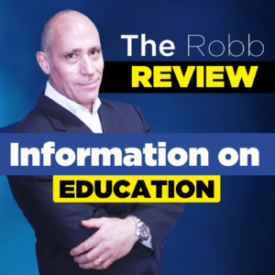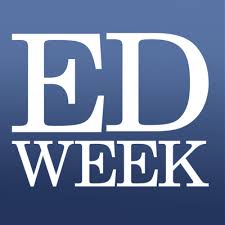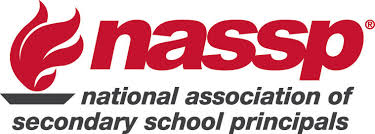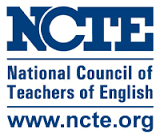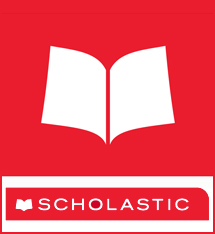The Reading Teacher – Bid Farewell to “I Hate Reading”
“Why do you read?” is a question I’ve asked countless students. Responses run the gamut from a third grader writing, “Because I live in the country and books are fun,” to a fifth grader noting, “Because I love to meet people,” to an eighth grader’s honest reply, “Can’t say. I don’t read.”
These student responses represent the range of attitudes toward reading teachers find in a heterogeneous class. When students tell you “I don’t read” or ‘I hate reading” or “No one can make me read.” Ask them why. Even though many will shrug their shoulders and say nothing, keep asking, as they know. Here are some reasons that students have shared with me:
“It takes too long to finish a book.”
“I can’t read a lot of the words.”
“I can’t find a book I like.”
“Boring!”
“I say the words. I don’t get anything.”
“ Never passed a reading test.”
“ Hate the assigned book.”
“No choice.”
“ Do more worksheets than reading.”
When students are honest, they show us why they have negative feelings toward reading. They also show us what they need to turn negative outlooks into positive ones. It won’t happen in few weeks. You might not see the change over the year you work with them. One eighth-grade girl, Katy, taught me that changeovers take time. In her junior year of high school, she wrote to me: ”Remember, me. You try to influence me to read, but I hate reading. Now, I read all the time.” Forget about quick payoffs for your work, but believe it will happen.
Help students understand that the jobs available to them in the future require outstanding reading and writing ability. But even more important, help them experience the joy and power of a personal reading life.
Suggestions for Turning Students Into Readers
The list of tips that follow can draw students into the world of books. In addition, you want to have continual conversations with them to assess their outlook and listen to and make use their comments to plan positive interventions. Avoid lecturing; always praise students for their honesty. Celebrate progress with meaningful comments. Occasionally, write a note to the student pointing out growth and progress.
Seven Tips for Building Students’ Love of Reading
Choice. Let students choose their reading materials. Let them abandon a book if it doesn’t resonate with them. I have a quick conference with students who abandon a book to find out why. The “why” offers insights into what they do and don’t enjoy.
Read aloud every day and introduce students to a wide-range of literary genres. Read those texts you love, as your passion will rub off on students. Reading aloud also builds students’ listening capacity, vocabulary, and their experiences with literary language.
Differentiation. For instructional reading, make sure students are in texts at their instructional reading level.
Independent reading should happen at school for 20 to 30 minutes at least three times a week. Doing this shows how much you value reading, but it also offers you opportunities to support reluctant readers. Encourage students to read at home by inviting them to read for 30 minutes each night. They can log the titles and authors of completed books on a simple form.
Class libraries. Build class libraries as access to books is key for inspiring students to read and love it! Organize books by genre—suspense, mystery, realistic fiction, biography, etc.—and include a range of reading levels.
Book talk. When new additions arrive, share them with students by showing them the cover, reading the description on the back cover, or the first page. Doing this shows how much you value books and reading and also provides students with many choices.
All subjects. Every teacher needs a classroom library because students should have access to books in all subjects—even physical education! When students observe that reading matters, that reading is important in all subjects, they can begin to view reading as an important and meaningful part of their lives.
Remember
Be persistent. Find out why a student hates reading. What they reveal will enable you to plan interventions that can bring them to the reading life.
Check out Teaching Reading in Middle School By Laura Robb- It’s an amazing book!
![]()




